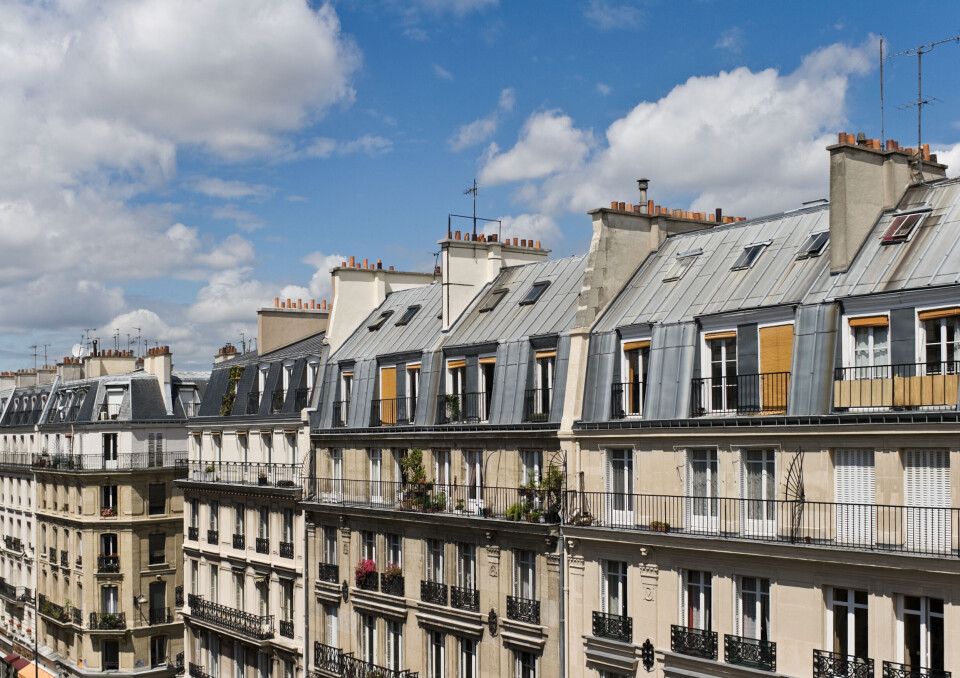-
How can I find out who the owner of a property is in France?
There are a few methods you can use to ascertain ownership
-
French property market: latest official statistics for 2025
Notaires have presented a ‘cautiously optimistic’ but still-mixed picture
-
Photos: our cosy and ecological home in the south of France
Reader Lucy Truscott, 49, describes how she and husband made a home for themselves in Hérault
Capital release: start-up claims to have solution for French property
Dillan says it is the only firm in France to now offer a ‘second mortgage’ after seeing a gap in the French lending market

A start-up firm has been set up to allow property owners to unlock capital in their homes, filling a gap in the market.
Releasing capital on property is not common in France
Since its launch a year ago the company, called Dillan, has lent €1.5million, with a €10million lending target this year.
Co-founder Stéphane Revault told The Connexion: “We have all worked in international finance, and saw there was a huge gap in the French market.
“The UK equivalent of being able to take out a mortgage on part of a property you already own is something which just does not feature in France.”
One company, Crédit Foncier de France, used to occasionally allow such mortgages, but since its takeover by BPCE bank, this has ended.
It can fund home improvements
Dillan offers three ways to release capital.
One is based on the existing viager system, where a buyer purchases a home at a discount and only gets full title when the seller dies.
Read more:Buying and selling a home in France: What is the viager system?
A second product sees the company buy a house at 80% of its value, on which the owner pays rent set at 3%-4%.
Rental agreements are flexible and can be extended, but typically last four or five years.
“When the householder decides to end the rent, the house is ours,” said Mr Revault.
“It allows people who want to move from Paris to the south, for example, to have a lump sum.
“They can then spend their time looking for somewhere to live while paying lower than the usual rental prices for the property and, above all, staying in their own home.”
A third product allows a partial unlocking of capital through the sale of a share in the house.
An example is a €1million flat, where Dillan pays €100,000, and then acts as a silent partner in the property, being paid a 4% occupation fee on its share. The property owner, or their family, can repay the €100,000 at any time to regain full ownership of the property.
“This is useful where people want to carry out big improvements to a property but, for whatever reason, have difficulty getting a loan from a bank,” said Mr Revault.
First year of business has run smoothly
He said the company’s model for the two non-viager contracts relies on standard sales agreements, backed by a legal convention which sets out the details of the deal and what is expected by both sides.
“It is all handled by notaires, which is important because they work for the householder wanting the capital,” he said.
There have been no unforeseen incidents in the first year, he claimed.
Investment fund set up
In order to get money to finance the system, Dillan has launched an investment fund.
Individuals and institutions can put in upwards of €1,000 with a 5% interest rate.
“It is taxed like any other equity investment in a company, with the main tax coming from capital gains when people leave the fund,” he said.
“We only just opened the fund after getting regulatory clearance, and have a target of €8million for 2022, which will go towards our €10million lending target.”
The firm, based in a start-up incubator sponsored by Crédit Agricole, is concentrating mainly on Paris and cities with dynamic property markets.
Related articles
Historic change to mortgage insurance in France starts today
Two French banks stop asking health questions on mortgage applications
Coastal boom, inflation: Six French property trends from notaire data
























